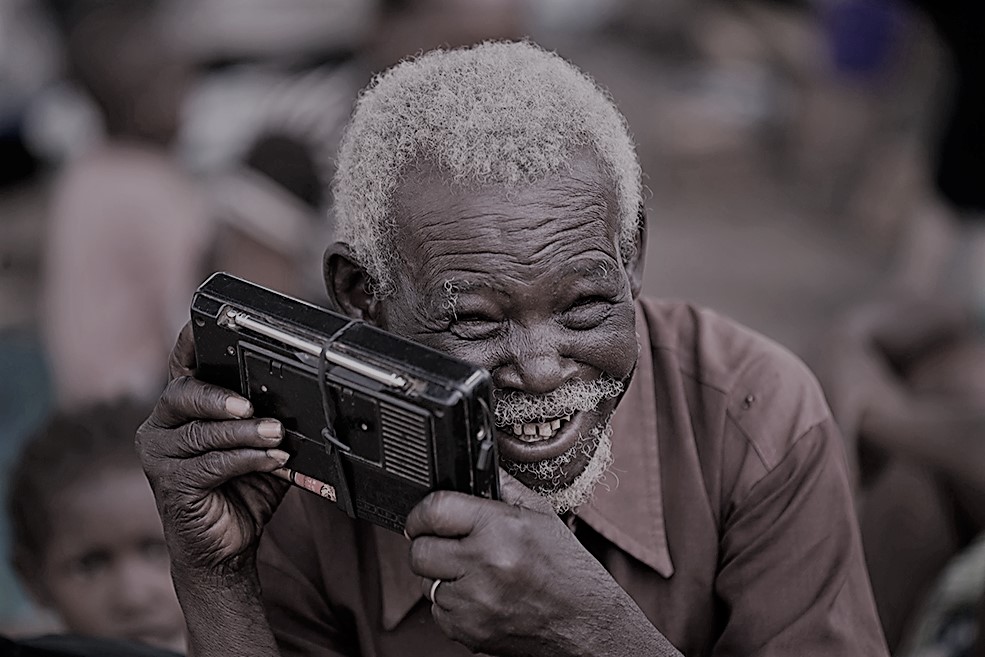The primary component of chocolate is cocoa which supports livelihoods of more than 4.5 million families worldwide making it a significant "cash crop" in West Africa, Latin America, and Southeast Asia. It links these families to a large, continuously growing worldwide market.
70% of the cocoa beans in the world are produced in the Ivory Coast, Ghana, Nigeria, and Cameroon. The two countries that produce the most cocoa are Ivory Coast and Ghana. Together, they grow more than half of the cocoa in the world. Following these are other cocoa producing nations including Brazil, Ecuador, Indonesia, Nigeria, Cameroon, and Nigeria.
Cocoa farmers in Ghana and Cote D’Ivoire earn barely 6% of the $100 billion global chocolate market's annual revenue. The issue is that although global firms make billions of dollars every year, cocoa farmers toil in utter destitution.
The top two best producers in the world, Ghana and Ivory Coast, boycotted the World Cocoa Foundation meeting in Brussels as a protest of this unequal income distribution. The boycott of Brussels is fortunate because the meeting's theme was "sustainability," which cannot be honestly discussed if the chocolate farmers are initially excluded.
Given that Ghana and the Ivory Coast contribute more than two-thirds of the world's annual cocoa crop, this is a major blow to the powerful people in Brussels.
The price of cocoa was fixed by the government at $1.36 per kilogram in Ivory Coast and $1,248 per ton in Ghana for the 2022–23 growing season.
The contribution of the cocoa sector to Ghana's Gross Domestic Product (GDP) was expected to increase by 2.5% in 2021. The growth rate for the year 2019 was 5.4 percent. Additionally, it was anticipated that the GDP contribution of the cocoa industry would increase by 8% in 2024. The COCOBOD, Ghana's regulating agency for the cocoa industry, was compelled to issue the following forthright statement: "Clearly, someone is ensuring that the farmer continues to be impoverished."
Approximately 90% of the cocoa purchased is by smallholder farmers hence the need to collaborate with important partners to increase the sustainability of cocoa production, boost smallholder farmer incomes, and guarantee the highest quality ingredients for products. This will help ensure that these farmers receive a fair price for the crop to support their families.
Therefore, the Ghanaian Government commenced strategy implementations to strengthen the financial standing of the nations cocoa growers including a pension plan and a 21% rise in the producer price of cocoa season of 2022-2023.
